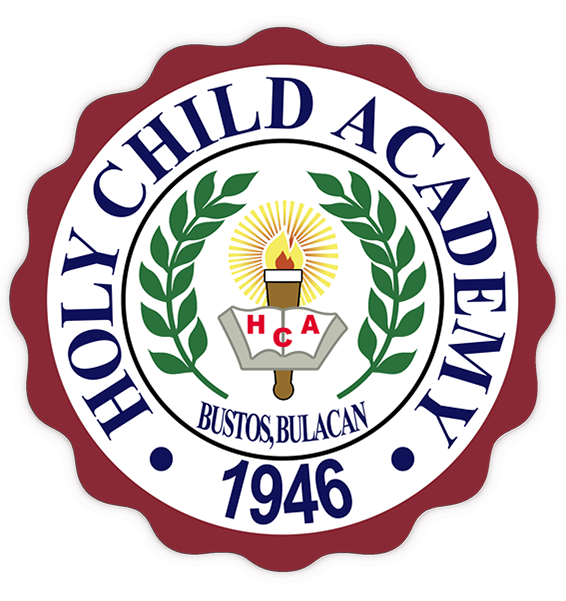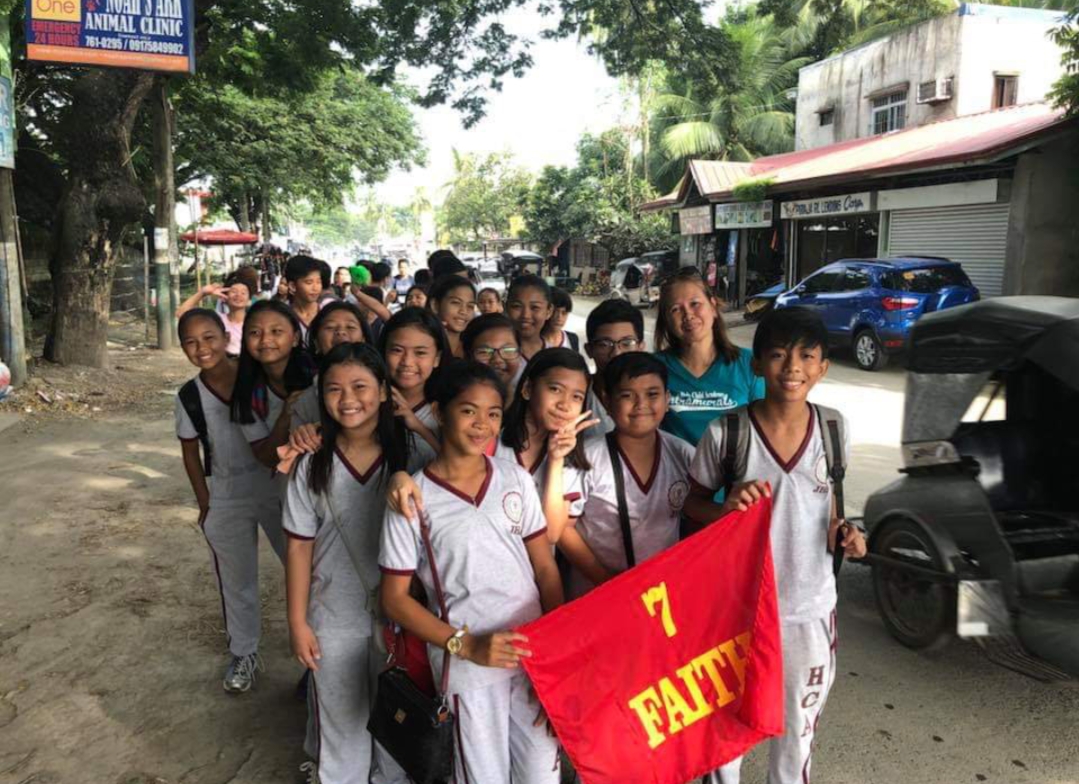

Junior High School
The junior year of high school often doesn't get the respect it deserves. Call it the Jan Brady Syndrome (or middle-child syndrome) -- the junior year is one of those middle years lost between the fear and excitement of the first year of high school and the joy and bravado of the senior year of high school. In the hierarchy of importance, however, the junior year deserves a high ranking because of its pivotal nature.
If you are in or approaching your junior year in high school -- or know someone who is -- this is the article for you. In the junior year of high school you'll make critical decisions that could have a major impact on the next five years of your life (and beyond) as you start narrowing lists of colleges and career paths. The good news is that all these critical activities high-school juniors must attempt to accomplish can be boiled down into five major topics -- and that's what this article is about.
1. Classes and Grades. The junior year selection of classes -- and the grades you receive in them -- is very important because it is the last full year of grades that admissions folks will review while deciding your fate. You'll want to stick to a tough regimen of college-prep classes, including some advanced-placement or other honors classes, if possible. Don't go crazy with the courses and overload yourself, but the courses and grades you receive in your junior year are very important.
Some of the teachers you have for classes in your junior year may also play an important role for you in your senior year -- when you ask them to write you a letter of recommendation for college -- so plan on spending some of the time in your junior year getting to know at least a few of your favorite teachers on a more personal level.


2. Standardized Tests. The junior year, from start to end, is filled with standardized tests. Early in the year, you'll take the PSAT/NMSQT (Preliminary SAT/National Merit Scholarship Qualifying Test). This test, which measures critical reading, math problem-solving, and writing skills, is important for three reasons. First, it's a good indicator and excellent preparation for the SAT test that you will take at the end of your junior year. Second, your score may qualify you for a select group of merit scholarships. Third, it's one of the first chances you have to begin requesting information from colleges.
Many school systems also have a qualifying test that all high-school students need to pass to graduate, and often these are scheduled in the junior year.
In May, if you have been taking advanced placement classes, you'll have the AP Placement Tests. These tests are designed to test your knowledge of the subject at college level, with the results recommending that you receive advanced placement or college credit for the subject. More than 90 percent of the colleges and universities in the U.S. recognize these exam grades.
Finally, in May or June, you should schedule the SAT and/or ACT -- the basic standardized tests that many colleges use as part of their admission criteria. Some of the more highly competitive colleges also require some of the five subject-specific SAT Subject exams -- so you may need to schedule the SAT Subject Tests in the late spring, although you could wait until the very beginning of your senior year.
3. College Planning. The junior year is THE time to get organized for handling the onslaught of college material that will be coming your way -- in the mail, in your email, and from college fairs and visits to your high school. The whole college search can be a little unnerving, a bit daunting, so just relax and take your time during this year and the summer that follows to really focus on finding the right mix of colleges for you. Ideally, by the end of your junior year you'll have a list of no more than 10 to 15 colleges.
Numerous print and online resources (including each college's website) can help you learn more about colleges, including important stuff like majors and minors, academic quality and ranking, accreditation, job and graduate-school placement rates, costs, and financial aid. You'll also want to attend a few college fairs and meet with college representatives when they visit your high school. The junior year is also a good time to start investigating where the people you respect and admire attended college
Many students just get a big box and start dumping all the mailed materials they receive into the box, but it probably makes sense to develop some sort of filing system so that the information from the colleges on your short list is easy to find when you need it.
4. Career Research. Your career choice(s) may have a big impact on the list of potential colleges you consider, so it's important to at least try narrowing down career possibilities. How do you discover possible career paths? Conduct research, take some career assessment tests, talk with your family and other adult family friends, meet with your teachers and guidance counselors, and evaluate your likes and dislikes.
If at the end of this self-reflection and research you are still unsure, that's okay too. In that case, you may be looking at more comprehensive universities that offer a wide range of majors and minors. And if you conclude this step with a concrete career concept, then you can start narrowing down college possibilities.
5. Portfolio Development. It is never too soon to begin documenting your education, experience, and accomplishments. Start by listing all your high-school accomplishments, including your coursework, academic or athletic accomplishments, awards and honors, and any other achievements. Next, review any and all of your work experiences, including part-time jobs and volunteering or community service, and describe those experiences using action verbs. Showcase any leadership positions you have held. If you have room, include hobbies and interests.
Please Subscribed to our youtube channel: Holy Child Academy Channel
Follow our Facebook Page: Holy Child Academy











